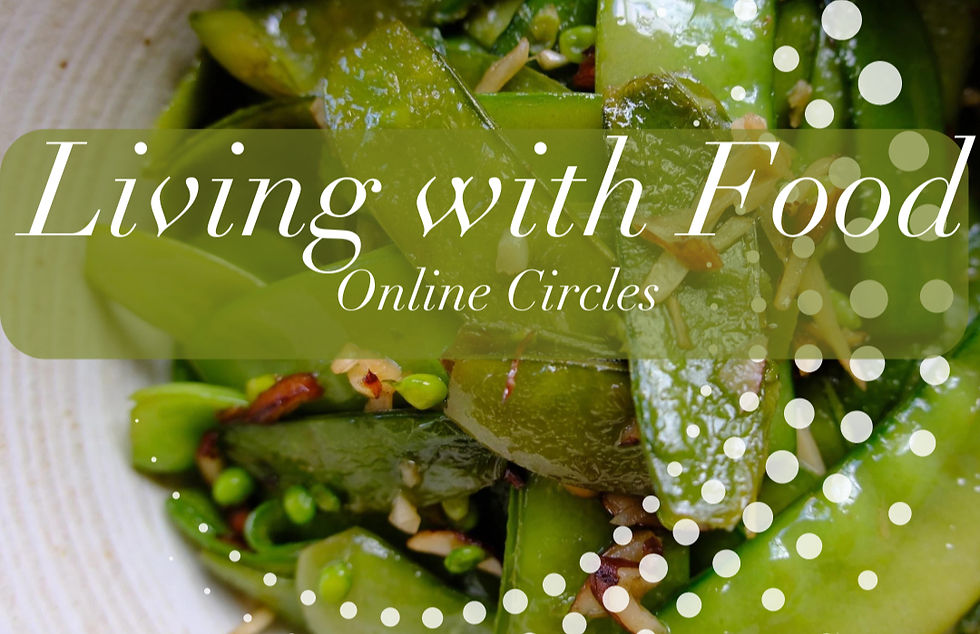Do I buy the avocado from South Africa, rich in the fats my body craves, or the apple from my county that barely satisfies my appetite? Should I splurge on organic Brazil nuts that I can't quite afford, or opt for the more budget-friendly packet of mixed nuts? Is it better to choose organic celery wrapped in plastic or the pale-looking celery without packaging? Should I grab the canned kidney beans from the supermarket while I'm in the city, or wait until I'm at my local health food shop for a larger pack of dried beans, sacrificing protein for dinner tonight? These are the questions I grapple with each week as I gather my food.

[AI Generated Picture]
On one hand, it's infuriating that I can’t simply toss items into my shopping basket without being bombarded by concerns about their origin, quality, nutrition, health, and climate change. Is it better to buy what’s good for me or what’s good for the planet? Should I avoid purchasing items wrapped in plastic? Is it acceptable to shop at this store where I can gather most of my resources in one place? It’s a minefield! Yet, on the other hand, I feel a sense of excitement as I immerse myself in deep philosophical questioning that touches the essence of what it means to be human and highlights our relationship with the planet we inhabit.
Next month, I will begin my first philosophy circle course, focusing on food [click here for more info]. I want to explore what we consider when making decisions about our food. What factors are most important, and why? Is it the type of diet—plant-based or meat-based? Is it the packaging, the price, or the source? Should we prioritize organic options? Are we more concerned about the product itself, our bodies, or the health of the planet? Do we each have different perspectives, or is there a common line of thinking we can all agree on?
However, last weekend, I found myself contemplating another important aspect of our food choices while assisting at Jean’s intensive cooking classes at the Concord Institute in London. He emphasized that we should consider the power, energy, or life force of the food we eat as the factor in our decisions.

Jean teaching at the Concord Institute -
[Photo Credit: Peter Beart]
Jean has dedicated his life to working with food. He conducts thorough research and knows exactly where his ingredients come from. He understands how and when vegetables grow and the nutrients they contain, based on his extensive experience. However, over the last couple of decades, he has observed a concerning trend: the power, energy, and life force of the foods we grow seem to be diminishing. How does he know this? It’s simple. He relies on the look, feel, and taste of the products, drawing on a lifetime of careful attention to food quality before, during, and after cooking. In his view, there’s no doubt that carrots, courgettes, and other vegetables were more nutrient-dense and of higher quality 20 years ago.
Jean speaks from personal experience rather than relying on what he’s read; he has witnessed the change in the vegetables firsthand. This more embodied approach to food resonated with me. As he elaborated on the reasons behind this decline—a combination of climate change, loss of seasonal variation, pollution, and economic, cultural, and political shifts—I recognized the importance of adopting philosophies that view the world through a more ecological lens (click here for a scientific understanding of ‘ecology’).
From Jean’s perspective, we cannot go back to cultivating powerful veggies; the changes have been too drastic, and we may be past the point of restoration. Yet, he also offered a solution: through the alchemy of cooking, it’s possible to create nourishing dishes. All it requires is a solid understanding of ecology, some fundamentals of food science, and trust in your body.
Stay tuned for more insights in my next post next week!
Links:
Jean Torne https://www.wholefoodkitchen.co.uk/
The Concord Institute: https://integralstudies.concordinstitute.com/
Peter Beart (photography): peterbaert.com
Wye Philosophy's Event:

Annie's Online Circles about the Philosophy of Food starts in September.

Comments